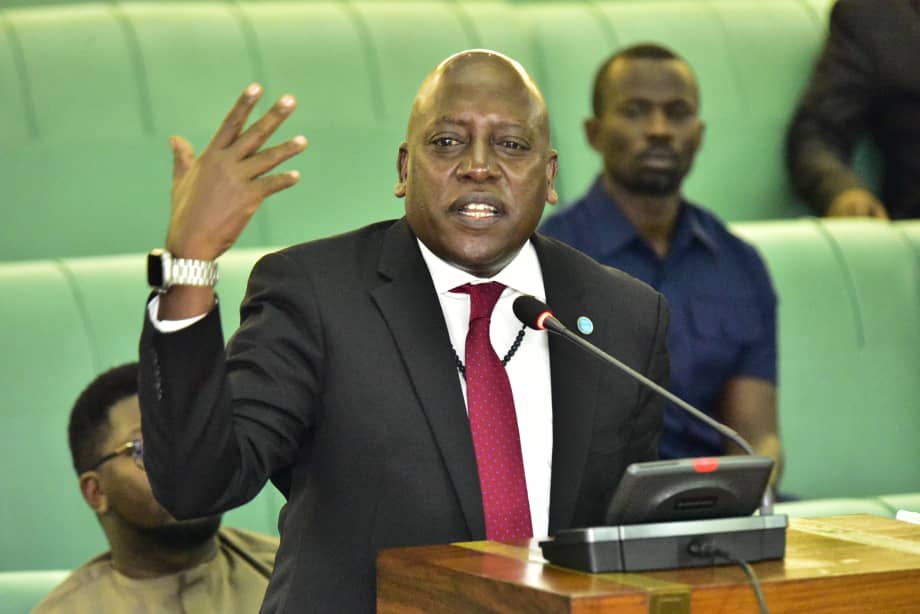
KAMPALA, April 17, 2024 – The Ugandan-Banyarwanda community in the country has petitioned Parliament over a host of grievances calling upon parliament to intervene and investigate the segregation and violation of their human rights.
In a petition presented to the House by Kalungu West County legislator Joseph Ssewungu, the community that comes together under the Council for Abavandimwe, is aggrieved that although they are recognised by the Constitution as an indigenous tribe in Uganda, the National Identity Registration Authority [NIRA] and the Ministry of Internal Affairs have denied them the right to possess Ugandan citizenship documents.
Ssewungu presented the petition to the House presided over by Speaker, Anita Among, on Tuesday, 16 April 2024. He said that many have been denied jobs, lost opportunities to study abroad and had complications in movements across the borders.
“Many Ugandan-Banyarwanda have returned from abroad for either study or work to renew their passports, acquire or renew their national identity cards and have been told that they do not qualify for Ugandan passport or national identity cards. At times this has led to loss of jobs or study opportunities for these persons,” he said.
He explained that they are unable to open bank accounts, register companies and registering telephone lines in their names.
The legislator was irked that some of them whose passports expired while in the Middle East and other countries are without any assistance from Uganda’s foreign missions and embassies because they are deemed as non-Ugandans.
He also reported that some of them recommended for specialised treatment abroad have been denied such a fundamental right due to failure to substantiate their citizenship.
The MP said that talks with the Ministry of Internal Affairs and NIRA have not yielded positive results.
The petitioners prayed that a relevant committee of Parliament investigates the segregation and violation of their rights, and asked Parliament to urge NIRA and the Ministry of Internal Affairs – Directorate of Citizenship and Immigration Control to issue national identity cards and passports based on their recognition in the 1995 Constitution.
Among directed the Committee on Defence and Internal Affairs to process the petition within 45 days.
Background
Historians say Banyarwanda have lived in Uganda for centuries. At the time, when there were no colonial borders, parts of present-day Uganda were ruled by Rwandan kings.
During the colonial period, Rwandans crossed into Uganda from the 1930s to work as casual labourers in coffee plantations in the Buganda kingdom. There was a large influx of Rwandans, mainly Tutsi, in the 1950s due to ethnic tensions that pitted the Tutsi against Hutu.
A population census conducted in the British protectorate of Uganda in 1959 listed the Banyarwanda as the sixth largest ethnic group, according to a paper by Edgar Mwine that was published by Konrad Adenauer Stiftung Uganda.
An earlier census of 1948 in Buganda Kingdom, the author notes, shows that about 64 percentof the population were Buganda and “the rest were largely Banyarwanda immigrants”.
https://thecooperator.news/ugandans-in-diaspthecooperator.news/ugandans-in-diaspora-to-register-for-national-idsora-to-register-for-national-ids/
Buy your copy of thecooperator magazine from one of our country-wide vending points or an e-copy on emag.thecooperator.news